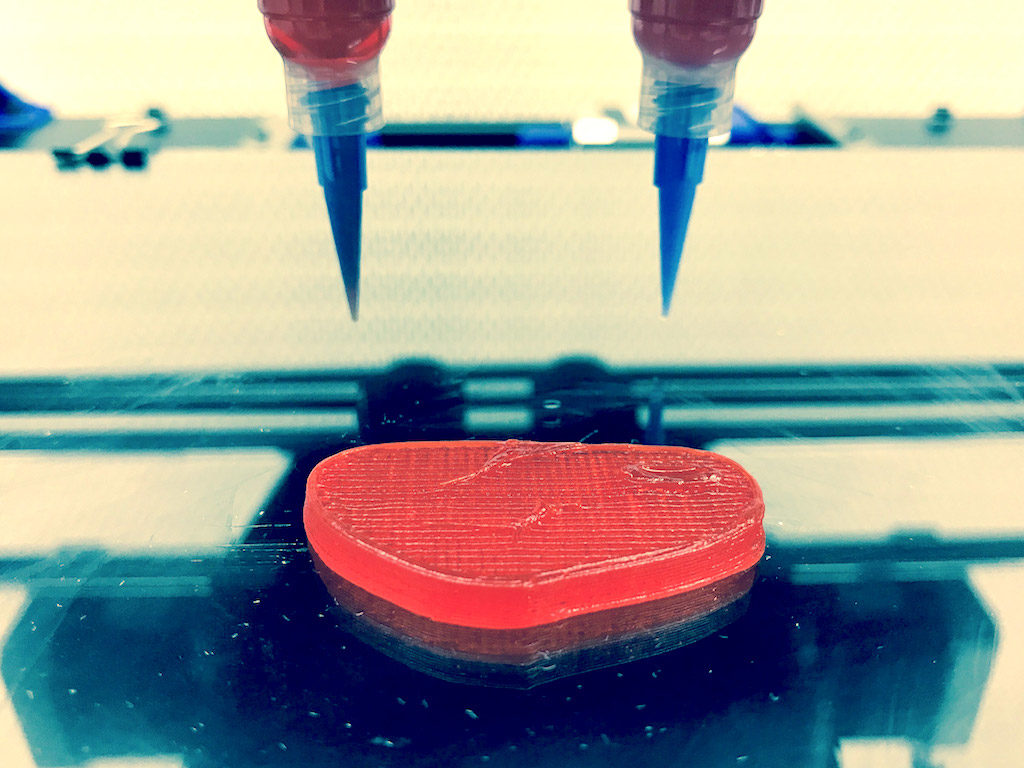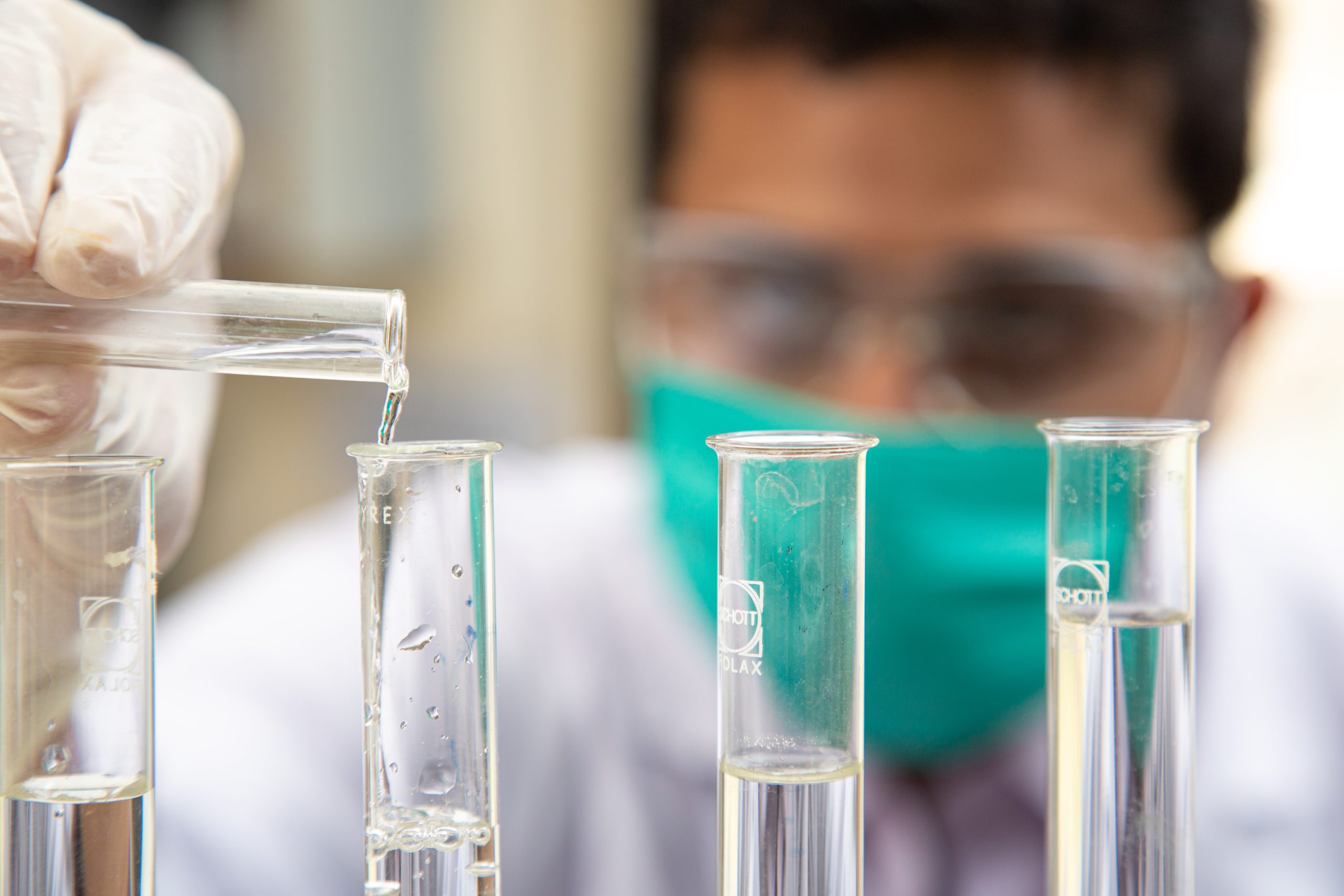Tiamat Sciences To Create New Proteins For Cheaper Cultivated Meat Production
3 Mins Read
Biotech startup Tiamat Sciences has announced that it is developing a new cellular agriculture growth medium. The move is intended to significantly reduce the cost of producing cultivated meat and allow for faster progression to large-scale manufacturing. Traditional growth factors are typically cost-prohibitive, but new plant-based biomolecules can take their place.
Having just secured $3 million in a seed funding round led by Silicon Valley-based True Ventures, Tiamat Sciences is positioned to leverage its unique plant molecular farming system. The funding will be used to offer a viable alternative to costly growth reagents, thereby speeding up the evolution of the cellular meat industry as a whole.
Chasing price parity
The company’s mandate to create animal-free proteins was made thanks to a blended scientific approach. Bringing together biotechnology, vertical farming, and computational development programming, Tiamat is able to manipulate and design specific proteins. The need for this is highlighted by estimations that cultivated meat, as it stands now, is averaging $50 per pound. With focussed investment into new growth mediums, one report suggests this could be driven down to as little as $3 per pound by 2030, a significant decrease.

Co-Founder of True Ventures Phil Black, considers cost-matching with conventional meat essential, as science-backed alternatives are not going away: “The cell meat industry is here to stay and now people are interested in making it more profitable for themselves and making more of it. Limited factors exist, and Taimat’s solution will be a game-changer.” he told TechCrunch, speaking about their decision to back the company.
Tiamat’s CEO France-Emmanuelle Adil added: “The growth factors used in media are expensive right now. We can reduce costs drastically and reach price parity with meat.”
According to Adil, the current growth factor used in cultured meat costs $2 million per gram to produce. She believes that her team will be able to drive that figure down significantly by 2025, but only if other startups commit to similar endeavours. Adil is optimistically aiming to make growth factor production costs 1,000 times cheaper by 2025, so that large-scale manufacturing can begin in earnest.
A growing sector
Creating a humane growth factor for the cultured meat industry is something that a number of B2B startups are focussed on. Multus Biotech was reported to have raised initial funding for exactly this, earlier in the year, while Future Fields is already on the case—and many more are too. Though Adil cannot reveal any of Tiamat’s potential customers yet, she is planning a sample product roll-out in early 2022 with a view to securing new partnerships.
The company has raised $3.4 million in total, all of which is being invested in production facilities and technology development. Critically, Tiamat is making headway to becoming a carbon-neutral operation, which remains a guiding motivation during construction.
With the growing need for a cost-effective growth factor increased, Adil made the decision to partially relocate from Belgium to North Carolina’s biotech ‘Triangle’ back in May.
Tiamat will be in good company, surrounded by biotech startups and established companies, each seeking to ‘help people live healthier lives’ and benefit from the nearby university talent pool. Neighbours include Bill Gates-backed Biomilq and vegan collagen maker Jellatech, amongst others.
Adil says that by 2025, her company will have a tangible impact on the cost of animal-free growth factor production. If she is successful, her creations could have positive implications for more than just cultivated meat evolution: “Growth factors are transferable to other industries because the processes are similar. We will be working on expansion for the end of 2022. We will scale very fast with a number of plants and then 100,000 plants. We are in discussion with companies to help us scale big, but progressively.”
Lead image courtesy of Unsplash.




